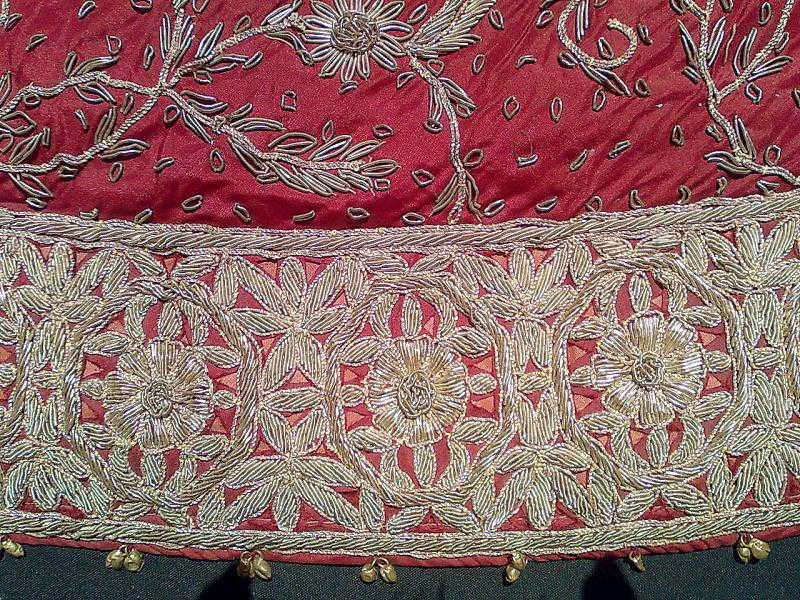===
0721,
3
===

=== |
 |
dimaa;G : 'The brain; head, mind, intellect; spirit; fancy, desire; airs, conceit; pride, haughtiness, arrogance'. (Platts p.526)
jab'hah-saa))ii : 'The act of rubbing the forehead on the ground, beseeching, entreaty'. (Platts p.375)
FWP:
SETS == MIDPOINTS; OPPOSITES
MOTIFS == RELIGIONS
NAMES == KA'BAH
TERMSThe verse consists of two independent sentences in the first line, and an apparently impatient question in the second line. The second of the two sentences in the first line is arranged and positioned in such a way that it can easily be read either with the first sentence ('Now the truth is, after all, that we ourselves are idol-temple and Ka'bah') or with the second line ('Now the truth is, after all, who wants to go around doing prostrations at door after door?'). The former sounds like an affirmation of belief, the latter like a sly wink of cynicism.
As SRF notes, the 'now' is also important; it signals either a newly elevated mystical state ('Now we are idol-temple and Ka'bah, formerly we were not') or a newly cynical attitude ('Now we're too lazy or worn-out for door-to-door forehead-rubbing, formerly we were not'). There's also that colloquial little to that's so hard to translate-- I've gone with 'after all,' but 'well then' or 'so' or some other little sentence-rebalancer would have been as good (and just as inadequate).
There's nice wordplay of course between dimaa;G as 'head', and 'forehead'.
Note for grammar fans: It's tempting to read hamii;N as the Persian one meaning 'equal, the same'. To an English-speaker, accustomed to plural verbs for plural subjects, that looks exactly right. But in Urdu a string of subjects tends to receive a singular verb agreeing with the last item in the string. And especially since dair-o-;haram is unified by the conjunction, the pairing should really receive a singular verb (something like 'idol-temple and Ka'bah-- it's all one'). Which is a pity, because being able to read hamii;N as 'equal, the same' would also work wonderfully to enhance the possible interpretations of the verse.